Peer reviewed analysis from world leading experts
Singaporean Prime Minister Lee Hsien Loong announced that his deputy, Lawrence Wong, would be the next leader of the country. Wong is widely seen as a competent technocrat with a common touch, and his appointment is expected to bring continuity to the government. However, Wong may lack the vision needed to address the numerous challenges facing Singapore. Amid political scandals and an increasingly vocal opposition, Wong will need to balance continuity with bold leadership to ensure Singapore's continued success.

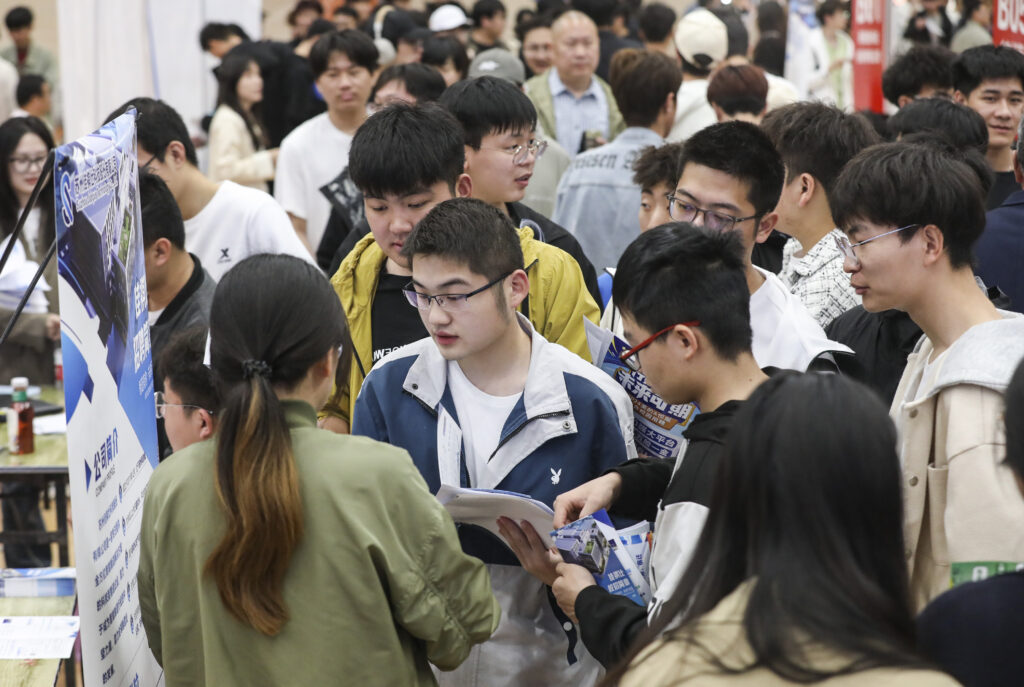
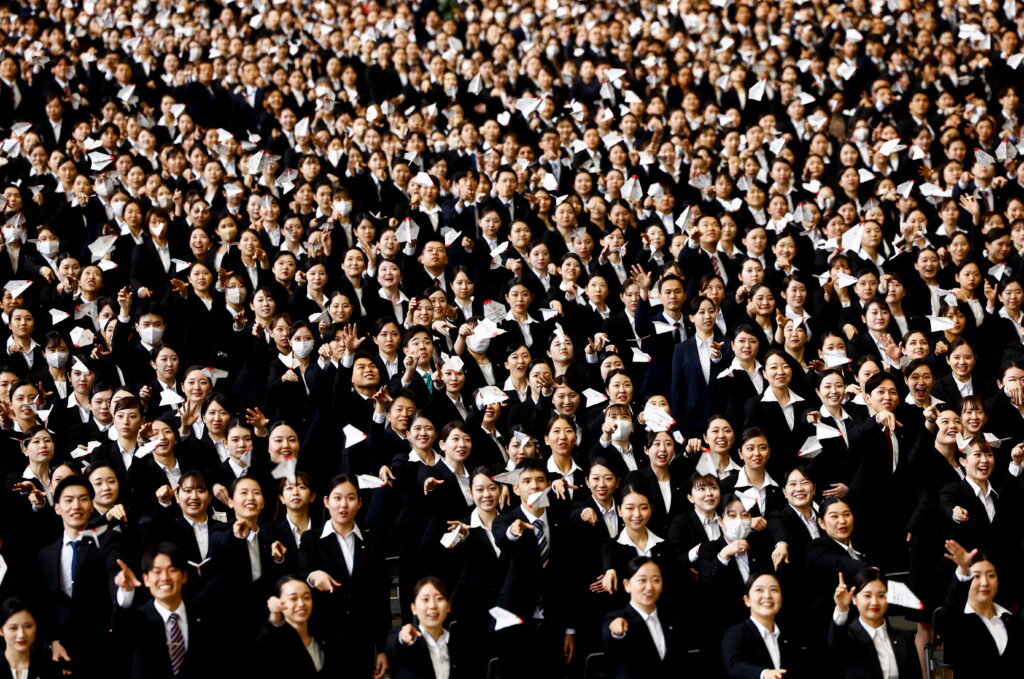
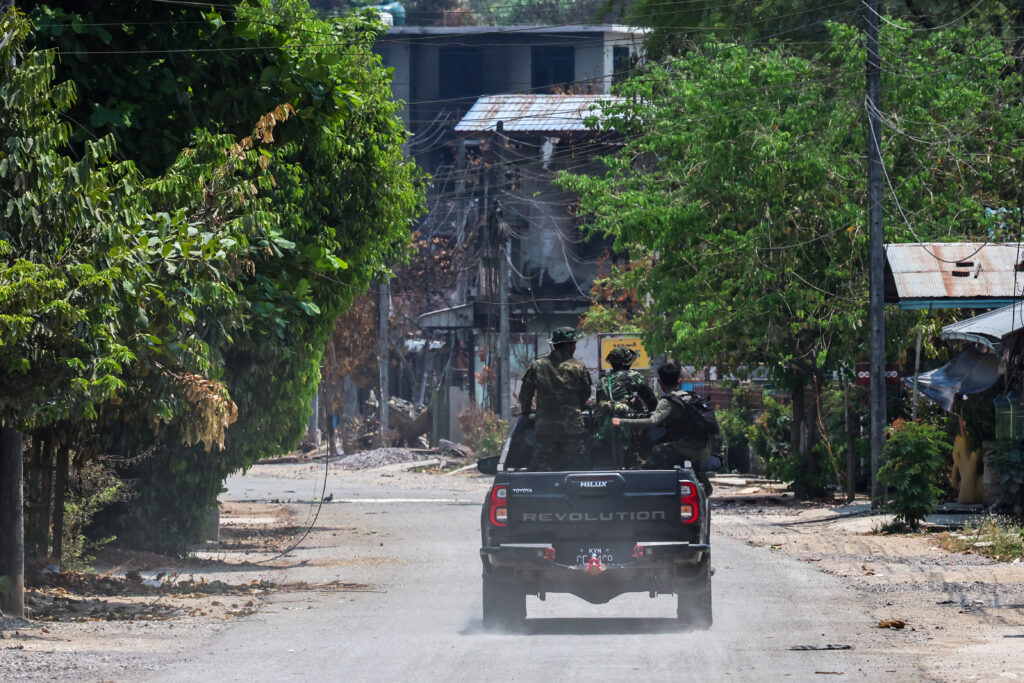
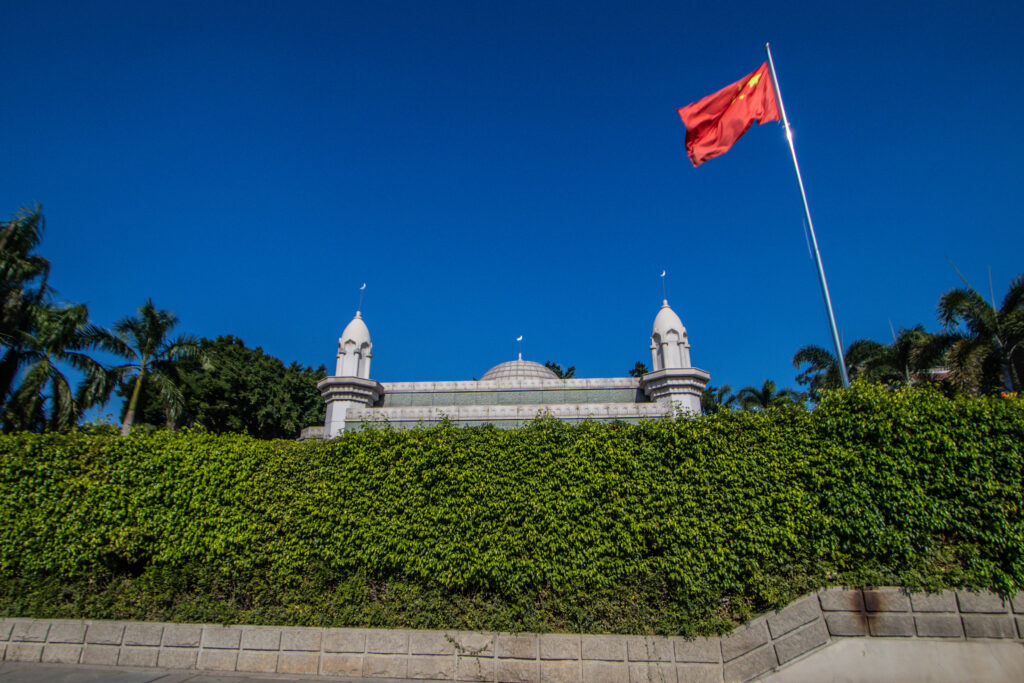
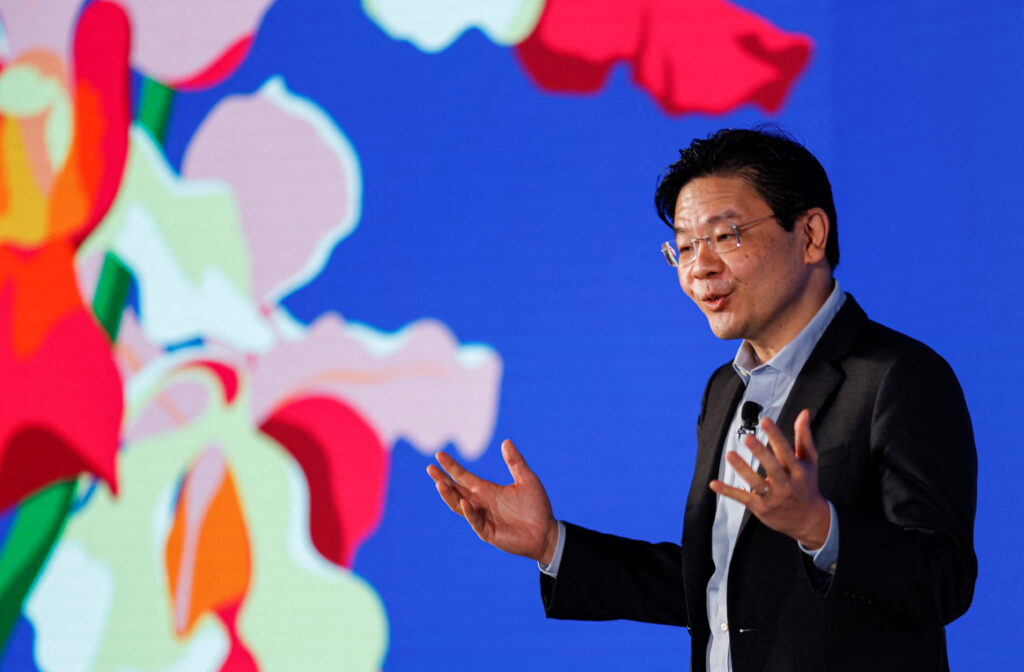
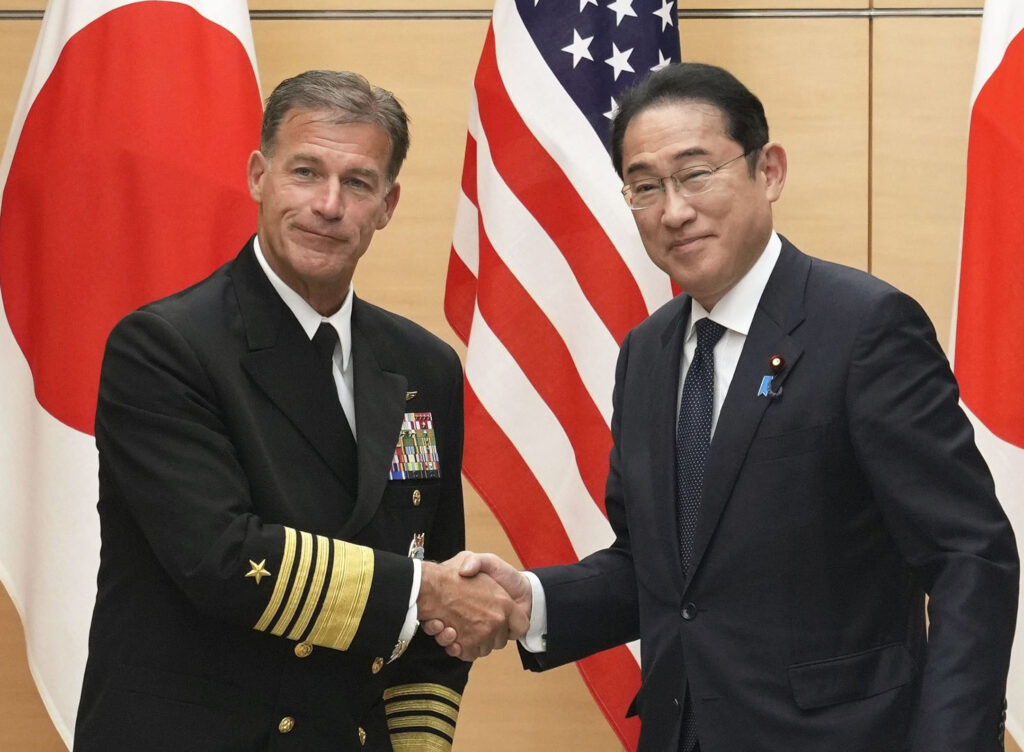

East Asia Forum offers expert analysis on politics, economics, business, law, security, international relations, and society in the Asia Pacific region.
EAF content is double-blind peer reviewed and articles are checked for factual accuracy.
Based out of the Crawford School of Public Policy within the College of Asia and the Pacific at the Australian National University, the Forum is a joint initiative of two academic research networks: the East Asian Bureau of Economic Research (EABER) and the South Asian Bureau of Economic Research (SABER). East Asia Forum is edited by Shiro Armstrong and Peter Drysdale.
Sign up to receive free daily think pieces from leading analysts or our weekly digest, that includes our editorial and a collection of recent articles in brief.
Article printed from East Asia Forum (https://www.eastasiaforum.org)
Copyright ©2024 East Asia Forum. All rights reserved.
The 2024 State of Southeast Asia Survey, by the ISEAS–Yusof Ishak Institute, exposes an interesting disconnect — approximately half of the respondents favoured siding with China and half favoured the United States but showed greater trust in the United States. These findings reflect Southeast Asia's strategic challenge in managing the rise of China and escalating China–US rivalry, in addition to concerns about maintaining the rules-based order, liberal global trade and the rule of international law. This strategic dilemma is made more difficult by the rapidly changing geoeconomic landscape and emerging protectionism across the globe.